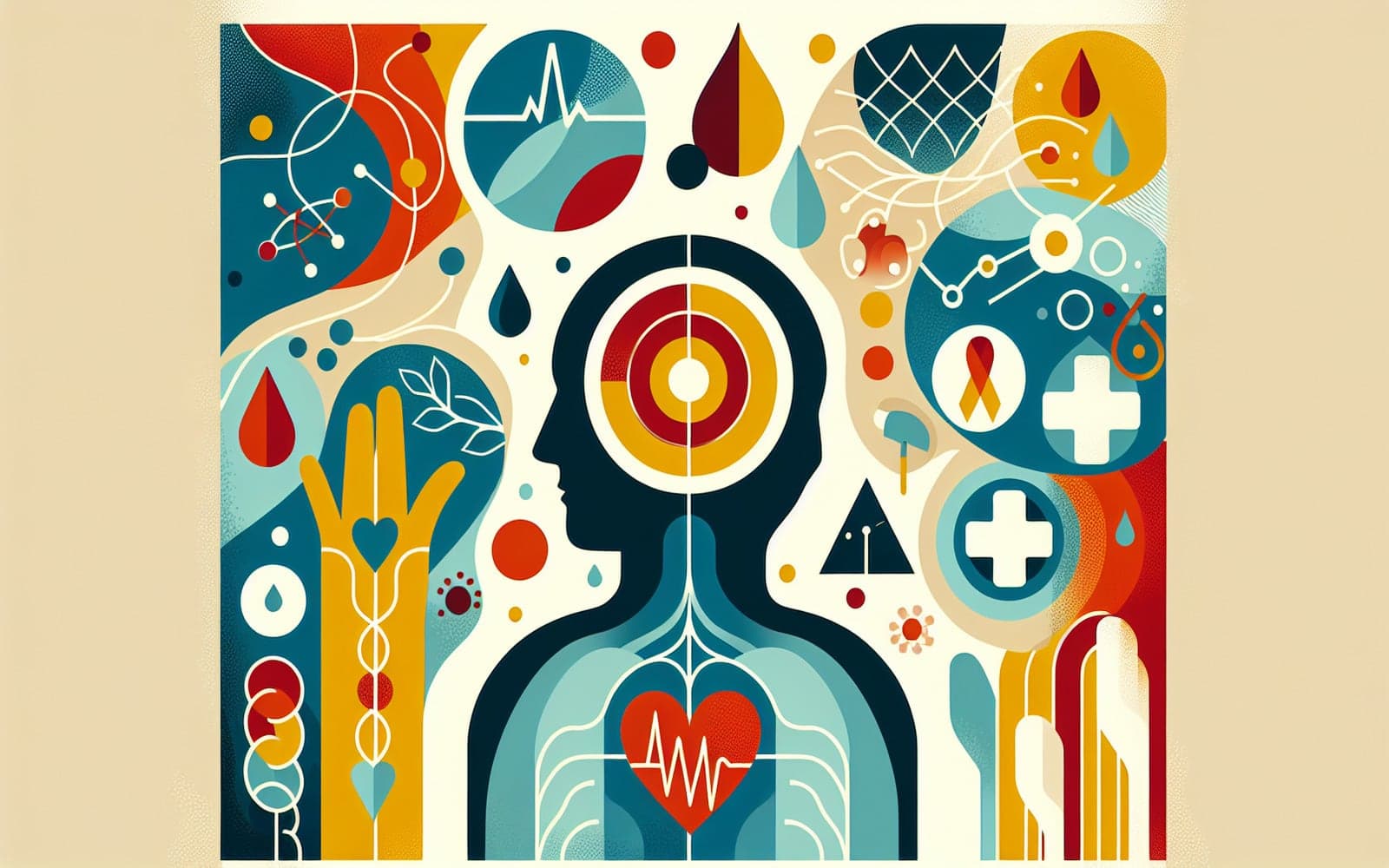Angioedema Risk Factors: Are You at Risk?
Published: Oct 09, 2023

Medically reviewed by Jerome Albert Ecker | MD, Assistant Professor of Medicine, Duke University - Durham, NC on October 9th, 2023.
Angioedema can strike unexpectedly, but certain factors increase your risk. Let's explore these risk factors.
Contents
Demographic Risk Factors
Certain groups are more prone to angioedema. African Americans experience a higher rate of hospitalizations for this condition. Both adults and children can be affected, but the exact prevalence isn't well-documented.
Medication-Induced Risks
Medications like ACE inhibitors and NSAIDs are known triggers for angioedema. ACE inhibitors, in particular, are linked to a significant percentage of emergency room visits for angioedema. Being aware of these risks can help in managing the condition.

Unknown Mechanisms and Genetic Factors
Some cases of angioedema have no identifiable cause, making them 'idiopathic.' Genetic factors can also play a role, such as hereditary angioedema, which runs in families. Exploring family history can be crucial for understanding individual risks.
Frequently Asked Questions
It affects African Americans disproportionately.
ACE inhibitors and NSAIDs are common triggers.
Yes, hereditary angioedema is a genetic condition.
It's angioedema with no known cause.
Key Takeaways
Understanding risk factors can help in preventing angioedema episodes.
Discuss your angioedema risk factors with Doctronic today!Related Articles
References
Lin RY, Cannon AG, Teitel AD. Pattern of hospitalizations for angioedema in New York. Ann Allergy Asthma Immunol 2005; 95:159.
Gandhi J, Jones R, Teubner D, Gabb G. Multicentre audit of ACE-inhibitor associated angioedema. Aust Fam Physician 2015; 44:579.
This article has been reviewed for accuracy by one of the licensed medical doctors working for Doctronic. Always discuss health information with your healthcare provider.

